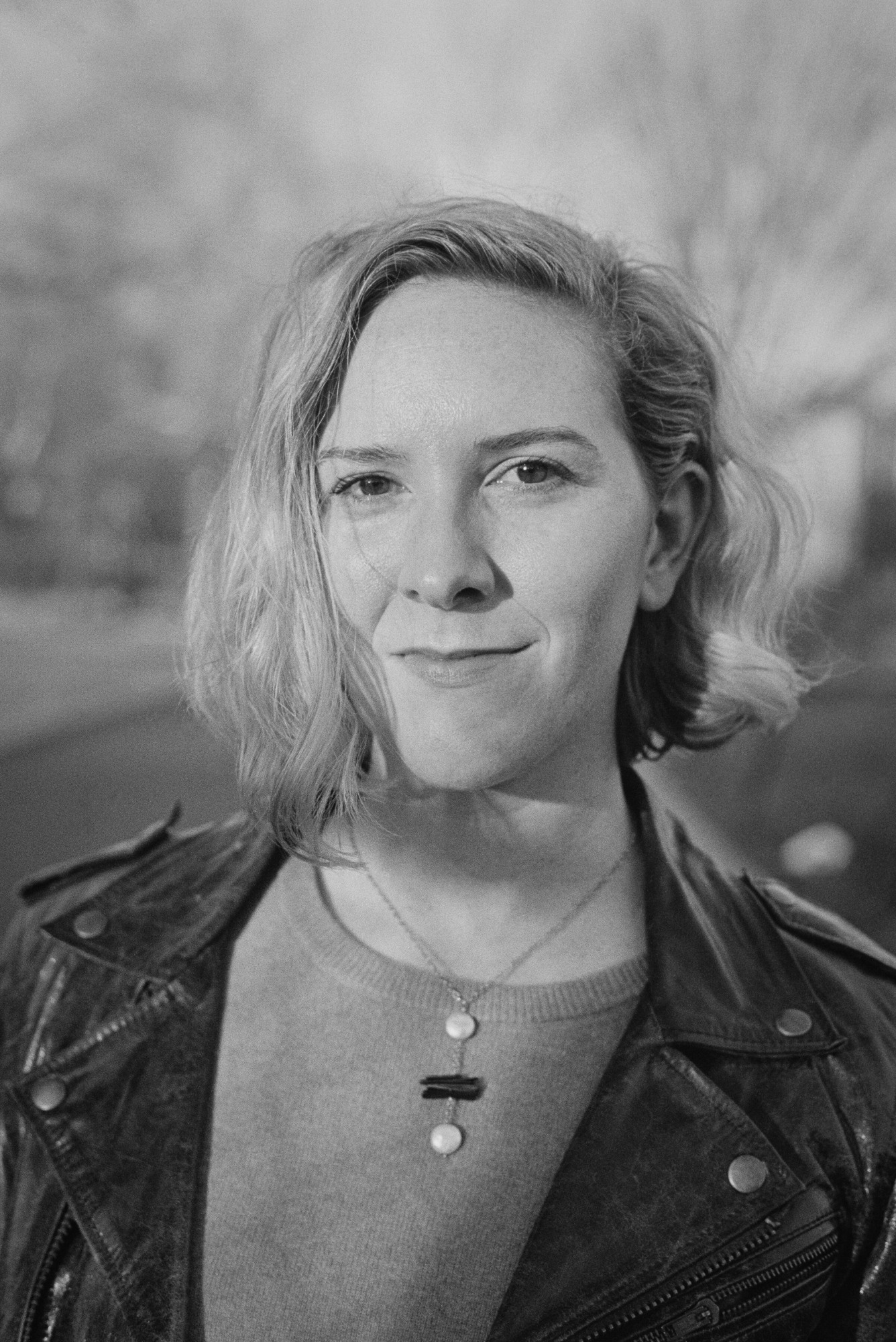
Rebecca Van Laer
PhD, 2017
Senior Copywriter, Reedsy
What did you think you wanted to do post-graduation when you began the English PhD program here at Brown? Did that change during your time in the program, and if so, how?
I started at Brown after a year in an MFA program hoping that I’d successfully prepare myself for a scholarly position teaching literature and creative writing. A few years in, I had a much clearer sense of the incredibly challenging job market. Out of practicality, I sought to acquire experience that would be relevant to administrative roles in writing centers, learning centers, etc. At the same time, I began to do increasingly more freelance editing. When I graduated, I still wasn’t exactly sure what my eventual path would be—I figured I’d just see what stuck.
How would you describe your PhD project? Who was on your committee? If you went on the academic job market, what fields (including but not limited to those in English) did you apply under (ie. 20th Century Studies, Gender Studies, Poetics, etc.)?
I wrote a dissertation on modernist autobiography examined through the lens of queer and feminist theory. My committee members were Tamar Katz (chair), Jacques Khalip, and Stuart Burrows. By the end of my time at Brown, I knew that my publication record would not be competitive for tenure-track jobs, especially since I was geographically constrained to the NYC area. I applied to jobs in writing centers and composition programs.
What kind of work are you doing now? Can you tell us about your path to this career? How did you get started?
I’m currently the Senior Copywriter at Reedsy, which has a range of offerings directed at aspiring authors. I started this role after 2.5 years at a copywriting agency. My route to this kind of work was circuitous. After graduation, I spent 3 years working at a university writing center. I supplemented my income with freelance editing and ghostwriting, but this work was unpredictable and required a constant search for new clients. I applied to a freelance copywriting job on a whim and found that my skills were highly transferable. The pay was better and the work was much more consistent. Besides my day job, I’m still a writer. I was writing (a little) during my PhD, and some of the writing in my first book, a novella, was completed during the tail end of my time at Brown. These days, I’m usually at work on short stories, critical essays, and longer creative projects. I also read fiction forTriQuarterly.
What is your favorite part of this work? What has been the biggest surprise?
While I had a few advertising-world fantasies after watching Mad Men, I didn’t really consider marketing as a career I could break into or that I would enjoy. But I do—as a writer, I can easily find myself in a flow state in my current role. Writing (and thinking about writing) in a professional context also energizes my own creative projects. I experience writer’s block much less than I did while in graduate school.
Which resources (at Brown and beyond) were most helpful to you in your specific career path?
My experience as a teacher and writing tutor are applicable to my current work. My pedagogic training helped prepare me for understanding my audience and planning my writing accordingly. In my current role, I’m often thinking, what would a writer want? What would help them reach their goal? My creative writing intersects with theory, so my coursework and dissertation were certainly helpful in that regard.
What advice do you have for students currently enrolled in this program, as they plan for their futures?
As writers, teachers, editors, and researchers, our skills are broadly applicable. It might feel difficult to communicate that to potential employers without a full-time job on your resume, but a little experience here and there during graduate school can help get your foot in the door. As time allows, try other things out. During grad school, I worked at the Writing Center and the Sheridan Center; tutored high school students writing college essays; wrote a few book reviews; looked for freelance editing opportunities; and did some grant writing for a local nonprofit. If I could do anything differently post-graduation, I would apply to a wider range of full-time jobs off the bat. I had the normal feeling that it would be nobler or better to work in academia, which I think is natural after seven years in a graduate program. Beyond that, I felt somewhat intimidated by and underprepared for work in other fields. But I think I could have and would have enjoyed greater financial security if I’d been a little more confident in my skills. The reality is that pretty much nothing is going to be more challenging than writing a dissertation.